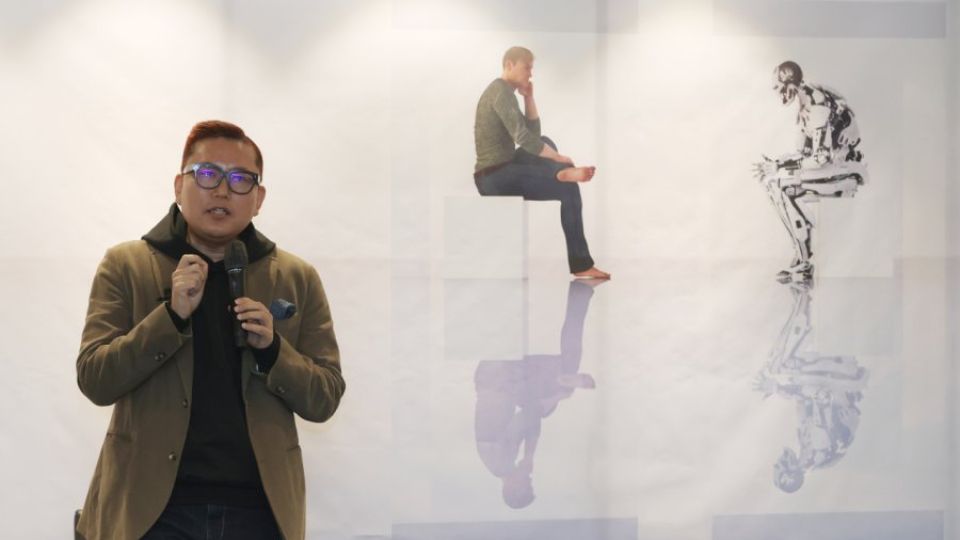March 22, 2023
SEOUL – With the number of users of ChatGPT, an interactive artificial intelligence chatbot, exceeding 100 million worldwide, the publishing industry in Korea is seeing a rapid rise in the number of publications and sales related to ChatGPT.
A total of 17 books on ChatGPT, including preorders, were published in February. The sales of the related books in January increased 3.4 times compared to the previous month, and the number soared to 94.5 times in February, according to a recent report by Yes24, Korea’s largest online book retailer. ChatGPT was first released on Nov. 30.
At the end of February, East Asia Publishing Co.’s “Conversations with ChatGPT,” co-authored by Kim Dae-shik, a professor, neuroscientist and engineer at KAIST, and ChatGPT, hit the shelves.
The collection of conversations that Kim had with ChatGPT shows the implications for AI’s use to broaden the horizon of human intelligence.

“Conversations with ChatGPT” (East-Asia Publishing Co.)
“I don’t think ChatGPT is an artificial intelligence that thinks and judges on its own, yet, as it just provides a good summary of man-made knowledge,” said Kim during a press conference held on Feb. 27.
“However, it is like a teaser that shows us that stronger AI that will appear in the future — like a model house before a new city is built.”
Kim had conversations with ChatGPT throughout January, discussing a wide range of philosophical topics, including love, justice, death and god, all questions which are difficult to answer even for philosophers and scientists. He embarked on the experiment because he “wanted to see how far ChatGPT” could go with its answers.
Kim explained that ChatGPT does not understand and answer questions; rather it combines more than 300 billion sentence tokens — words or phrases that form sentences — to come up with the best answer to the question.
“(ChatGPT) is an existential echo or a mirror that reflects human thoughts and sentences,” he wrote in the epilogue of the book.
At first, ChatGPT provided vague and ambiguous answers to abstract questions; but it began to provide more concrete and clear responses when asked thoroughly coordinated questions, Kim said.

Kim Dae-shik (East-Asia Publishing Co.)
So what does ChatGPT say about the future?
When Kim asked the AI, “What are heaven and hell to you,” it answered, “Heaven to me is when everything works as programmed.”
But humans do not function like programmed machines, contrary to the utopia the AI describes.
Kim then asked what would ChatGPT do when humans don’t conform to this utopia: “I’ll try to convince people. But if humans continue to get in the way, I’ll put them in jail.”
“ChatGPT is like a library containing infinite information,” Kim said. ”The archived information is indeed vast and now it has become evident that humans need to learn how to communicate with the AI,” Kim said, emphasizing the message that runs through the book.
All conversations were conducted in English and five people translated the conversations in their field of expertise.
“I don’t think writers, professors, journalists and lawyers will disappear because of ChatGPT. However, I think the gap between people who don’t use ChatGPT and those who use it well will widen as time passes,” Kim added.


